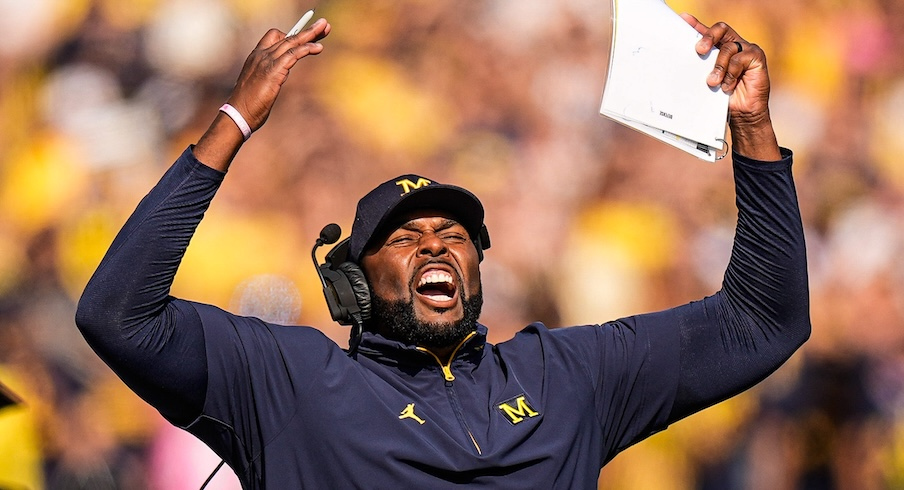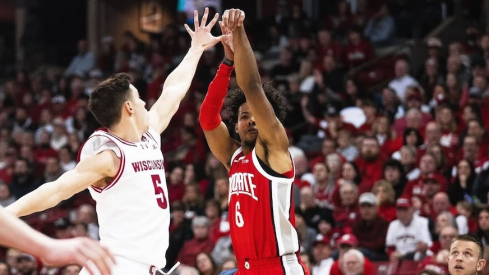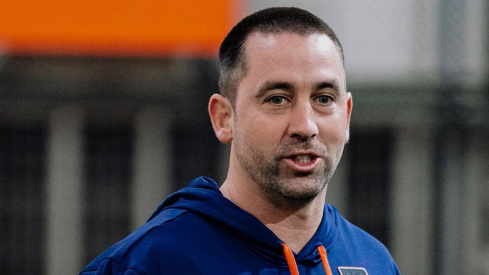Michigan and Sherrone Moore are no longer fighting for their NCAA sanctions for Michigan’s illegal sign-stealing operation.
The university and its head football coach have both withdrawn their appeals of the punishments the NCAA levied against them in August after finding that Michigan violated NCAA rules with its impermissible advanced scouting operation orchestrated by former Michigan staffer Connor Stalions.
Per the NCAA‘s Division I Infractions Dashboard, Moore withdrew his appeal on Sept. 29 while Michigan withdrew its appeal on Oct. 6.
“After careful consideration of the prolonged impact of an appeal on Michigan and our student athletes, we have withdrawn our appeal of the NCAA’s infractions decision and penalties,” Michigan said in a statement to ESPN.
When the NCAA levied sanctions against Michigan on Aug. 15, Michigan announced it would fight the sanctions, claiming the decision made “fundamental errors in interpreting NCAA bylaws.” Less than two months later, however, Michigan decided the sanctions weren‘t worth appealing.
With their appeal now withdrawn, Michigan faces a fine equivalent to its postseason revenue for this season and next season, plus 10% of its football budget and 10% of its football scholarships for this season. Yahoo Sports’ Ross Dellenger reported in August that those fines could cost Michigan upward of $35 million. Michigan also received four years of probation, a 25% reduction in 2025-26 official visits for recruits and a 14-week prohibition on recruiting communications during the probation period.
Moore served a two-game suspension this season for Michigan’s games against Central Michigan and Nebraska and will serve an additional one-game suspension for next year’s season opener against Western Michigan.
That said, the sanctions were largely viewed as a slap on the wrist outside Ann Arbor – especially in Columbus – as Michigan neither received a postseason ban nor had its wins vacated. Even though the NCAA’s investigation found that Michigan’s violations warranted a multi-year postseason ban, the Committee on Infractions decided against that sanction because it would "unfairly penalize student-athletes for the actions of coaches and staff no longer associated with the Michigan football program."


